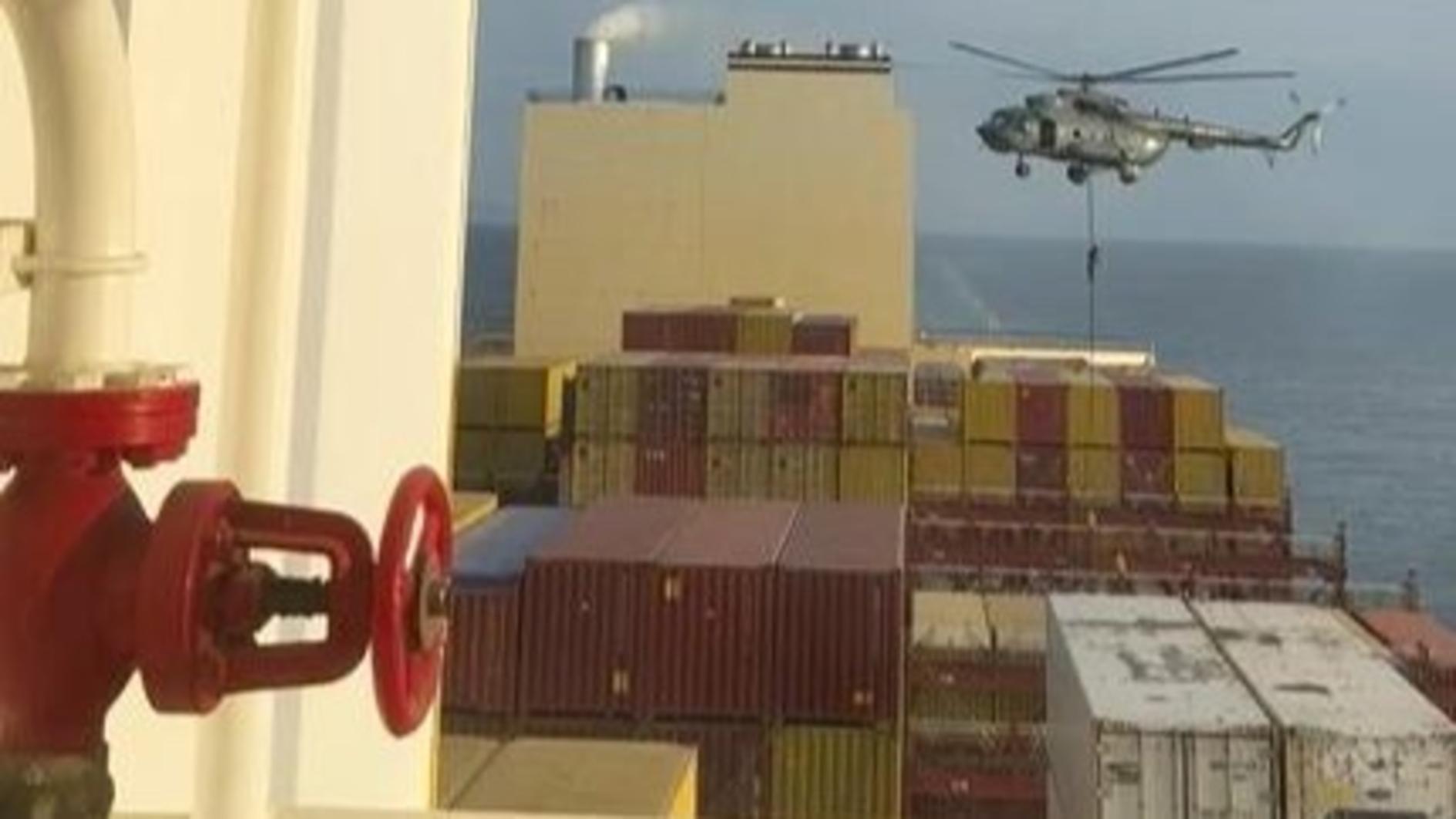Did you say the water is flowing nowhere?
MEHVEŞ EVİN
When I first went to Dersim three years ago, the Munzur valley enchanted me with its natural beauty. The Munzur creek running in the valley was the artery of the city and the region. People were cultivating the fields fed by this creek, as well as raising their animals. In order to preserve the rich biodiversity, the region was declared a national park years ago.However, Munzur is not only a “natural wonder” that Dersim residents depend on to survive. It has been embedded in the people’s traditions, culture and beliefs for centuries. There are places that the local population regards as sacred.
In the past three years, the number of hydroelectric power plants (HEPP) and dams planned for Munzur creek has gone up from 10 to 18. Local people have persistently protested the HEPPs and have taken them to court.
Recent news coming from Munzur has created a huge wave of happiness: The Bozkaya HEPP project that had been taken to court upon a citizens’ complaint was canceled.
The court reached this decision because Bozkaya hydroelectric power plant would have disrupted the ecological balance of the region and because the project had been prepared without any environmental impact statement (EIS) decision. I asked the head of the Munzur Protection Board, Hasan Şen. He said this decision was a very significant development because it would set an example for other HEPP projects planned for the same route. In other words, this decision is only a start.
Lawyer Özgür Ulaş Kaplan pointed out that the majority of dam projects in Tunceli were prepared before 1993 and at that time there was no requirement for an EIS decision. “The court has ruled that this is against the law and that today’s regulations are valid.”
As you can understand, many of the HEPP projects people are trying to build violate new regulations.
More than 2,000 HEPPs
The decision at Munzur is important but you should know that the HEPP issue is not only limited to the Black Sea region and Dersim. Bodies of water in every corner of Anatolia are being made victim to HEPP projects on the grounds that “they are flowing nowhere.”
According to the General Directorate of State Hydraulic Works (DSİ), right now there are more than 2,000 HEPP and dam projects. How many of them have been planned in line with relevant laws? How many of them are located on Turkey’s natural heritage? For how many of them have EIS reports been received? How many of them will damage historical and cultural assets?
We know very little about these. However there is one thing that both science and the population are certain of: These waters have been flowing for centuries. They carry life to these lands, to the living creatures on these lands and to us, the people. The blockage of the water, its drainage, means money for some. For us, it means “the end.”
In a world where alternative energy production is developed, when will we stop being so stubborn about building “dams” and shooting ourselves in the leg?
History buried at Kemah
A teacher whose hometown is Kemah, Erzincan sent this letter to me:
* There is ancient history in Kemah. The second-oldest castle in the world and many historical Seljuk monuments are present here, and they are scarcely preserved.
* While we were having a difficult time preserving the houses and the historical texture, now we have a worse problem: HEPP projects. Four of them are planned for Kemah.
* When the dam is built, the historical Sultan Melik Tomb will be at risk. The historical Taşdibi Church will be under water, as well as three neighborhoods in Karasu.
* The entrance to the city will change. The old train station will be removed. The distance between Erzincan and Kemah will be extended to 70 kilometers from the present 50 kilometers. This means economic devastation for many of us.
Mehveş Evin is a columnist for daily Milliyet, in which this piece appeared on Jan 23. It was translated into English by the Daily News staff.
MEHVEŞ EVİN - mehves.evin@milliyet.com.tr











